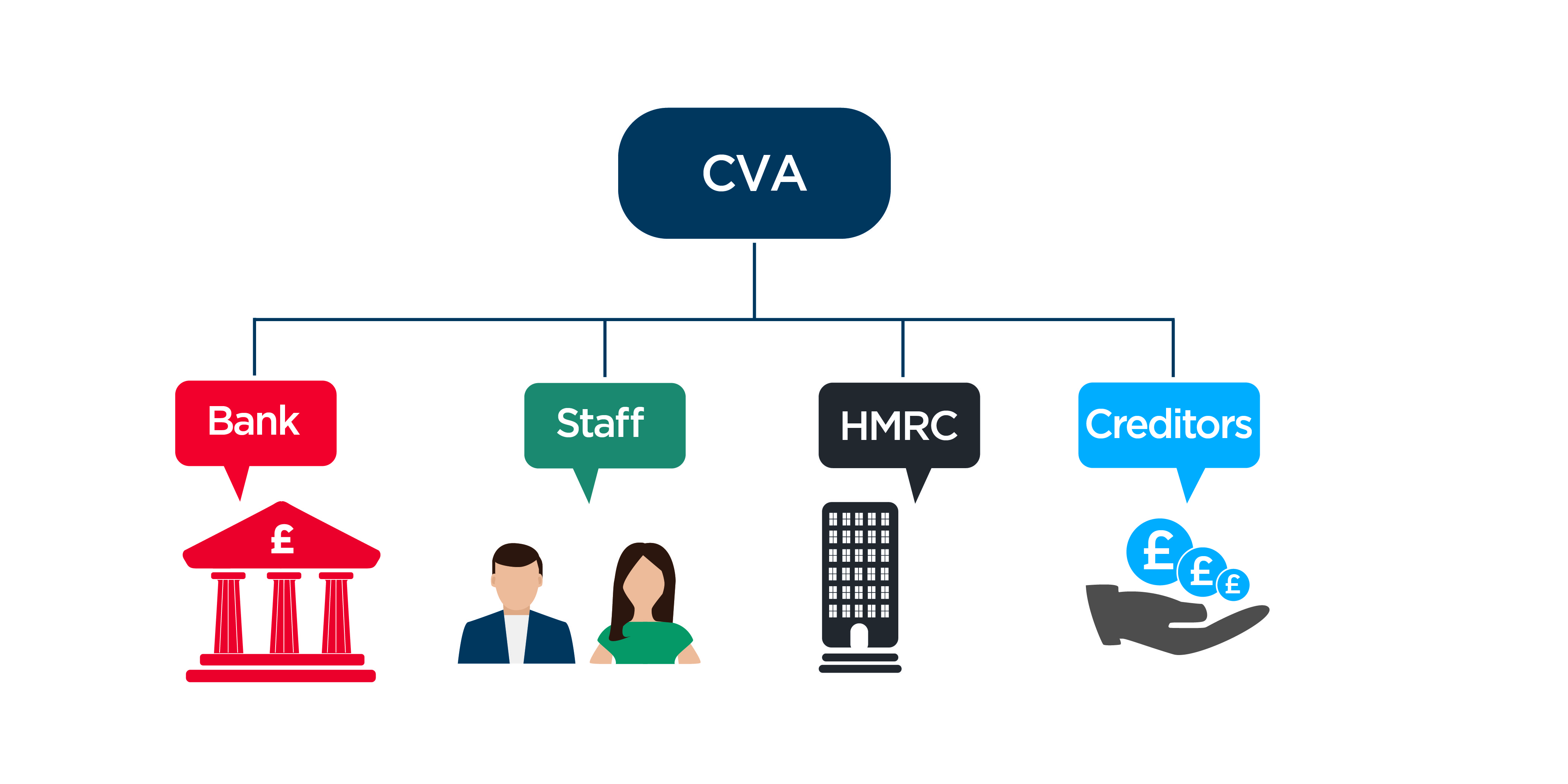Corporate Voluntary Agreement (CVA): Definition and Business Applications.
Wiki Article
Exploring the Impact of Business Volunteer Arrangements on Firm Funds and Operations
In the realm of company governance, volunteer agreements have arised as a device for firms to navigate intricate regulatory landscapes while showing dedication to social duty. As we delve right into the complex interplay between company volunteer arrangements and business finances and procedures, a mosaic of challenges, advantages, and transformative prospective arises, painting an engaging picture of the evolving company landscape.Financial Effects of Corporate Voluntary Contracts
The financial ramifications of corporate voluntary contracts play an essential role in shaping the financial landscape of organizations. When firms involve in volunteer agreements, they often commit to particular activities or targets that can have straight economic ramifications.
In addition, the monetary implications of business volunteer contracts extend past direct costs and rewards. They can influence accessibility to funding, insurance policy costs, and general market competitiveness. Firms that demonstrate a dedication to sustainability with volunteer arrangements may gain from reduced borrowing expenses or increased capitalist confidence, ultimately forming their financial wellness and sustainability.
Functional Modifications Arising From Contracts
As firms dedicate to business volunteer agreements and navigate the linked economic implications, they are triggered to make operational changes that align with the agreed-upon targets and actions. These functional changes frequently involve restructuring interior procedures, investing in brand-new innovations, boosting sustainability techniques, and improving general performance. A company that has actually pledged to decrease its carbon footprint might need to execute energy-saving steps, switch over to eco-friendly power resources, or maximize transportation logistics to satisfy the collection exhaust decrease objectives.Functional adjustments arising from corporate voluntary agreements can also include enhancing transparency and accountability in supply chains, improving product traceability, and guaranteeing conformity with sector criteria and laws. Firms might require to modify their procurement techniques, collaborate much more closely with providers to support agreed-upon practices, or present brand-new training programs to enlighten staff members on the importance of fulfilling the established targets. cva meaning business. Inevitably, these functional adjustments are essential for business to demonstrate their dedication to the arrangements they have actually willingly become part of and to drive meaningful progress towards their sustainability and social responsibility goals
Challenges in Implementing Volunteer Contracts
Navigating the application of corporate voluntary arrangements offers business with a myriad of challenges that need tactical planning and aggressive solutions. One significant challenge exists in straightening the voluntary agreements with the business's existing plans and techniques.Firms have to develop clear metrics and reporting mechanisms to show conformity and showcase the positive outcomes resulting from the arrangements. Efficient communication, continual examination, and regular review are critical to overcoming these obstacles and understanding the complete potential of corporate volunteer contracts.
Benefits of Complying With Voluntary Agreements
Successfully sticking to volunteer contracts can result in boosted what is a cva agreement? business reputation and stakeholder trust fund. By committing to these contracts, business display their devotion to social responsibility and sustainability, which can bring in socially conscious customers and investors. This commitment can also cause enhanced partnerships with governing bodies and government agencies, potentially lowering the possibility of legal disputes or costly penalties.Additionally, sticking to voluntary arrangements typically cultivates development within companies. As organizations function towards fulfilling the goals established out in these agreements, they are incentivized to establish and carry out brand-new technologies, processes, and methods that can enhance performance, decrease waste, and lower prices. This concentrate on advancement can inevitably enhance a company's competitiveness in the marketplace and position it as a leader in its industry.
Furthermore, adherence to voluntary arrangements can help business construct more powerful connections with their employees. corporate voluntary agreement. Showing a dedication to honest techniques and sustainability can boost employee spirits and involvement, leading to increased performance and retention prices. On the whole, the advantages of sticking to voluntary contracts extend beyond plain conformity, using business a pathway to long-lasting success and positive social influence
Tracking and Examination of Contract Compliance
Structure upon the foundation of advantages acquired from adhering to voluntary arrangements, a critical aspect that requires focus is the organized tracking and evaluation of contract conformity within firms. Monitoring and examination procedures are crucial to make certain that firms are meeting the terms of the contracts they have voluntarily devoted to.
Verdict
In conclusion, corporate volunteer agreements have substantial monetary implications and can lead to functional adjustments within a company. On the whole, volunteer arrangements play an essential duty in shaping corporate habits and driving favorable modification in the organization industry.As we dig right into the intricate interaction in between company volunteer arrangements and company funds and operations, a mosaic of challenges, advantages, and transformative prospective emerges, repainting a compelling photo of the evolving business landscape.
Additionally, company volunteer contracts might entail financial rewards or charges based on the company's efficiency in conference agreed-upon targets.As companies dedicate to corporate voluntary contracts and browse the connected monetary effects, they are motivated to make functional changes that align with the agreed-upon targets and actions.Building upon the foundation of benefits derived from adhering to voluntary agreements, an essential element that demands interest is the methodical tracking and evaluation of contract compliance within firms.In conclusion, company volunteer agreements have significant monetary implications and can lead to functional modifications within a business.
Report this wiki page